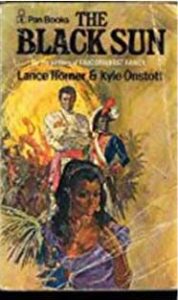A Conversation with Roz Morris, Pt. 4: Not Just a Teacher – Making Time for Your Own Writing
P
Roz Morris: We’re both writers. We’ve both taught and mentored authors as well. I find it’s a double-edged sword. Getting involved in another person’s creative process can be draining because you want to do your best for them.
Garry Craig Powell: It’s incredibly hard not to be drained by it—and that’s one of the best arguments I can think of not to become a creative writing teacher.
RM: Do you find it’s a struggle to protect your own creative mojo?
GCP: It’s a constant struggle, and most teachers fail to do so. During term-time, my own creative and intellectual energies were almost entirely absorbed by my students’ work. Sometimes, especially when working with highly-motivated, talented graduate students, that was worthwhile.
